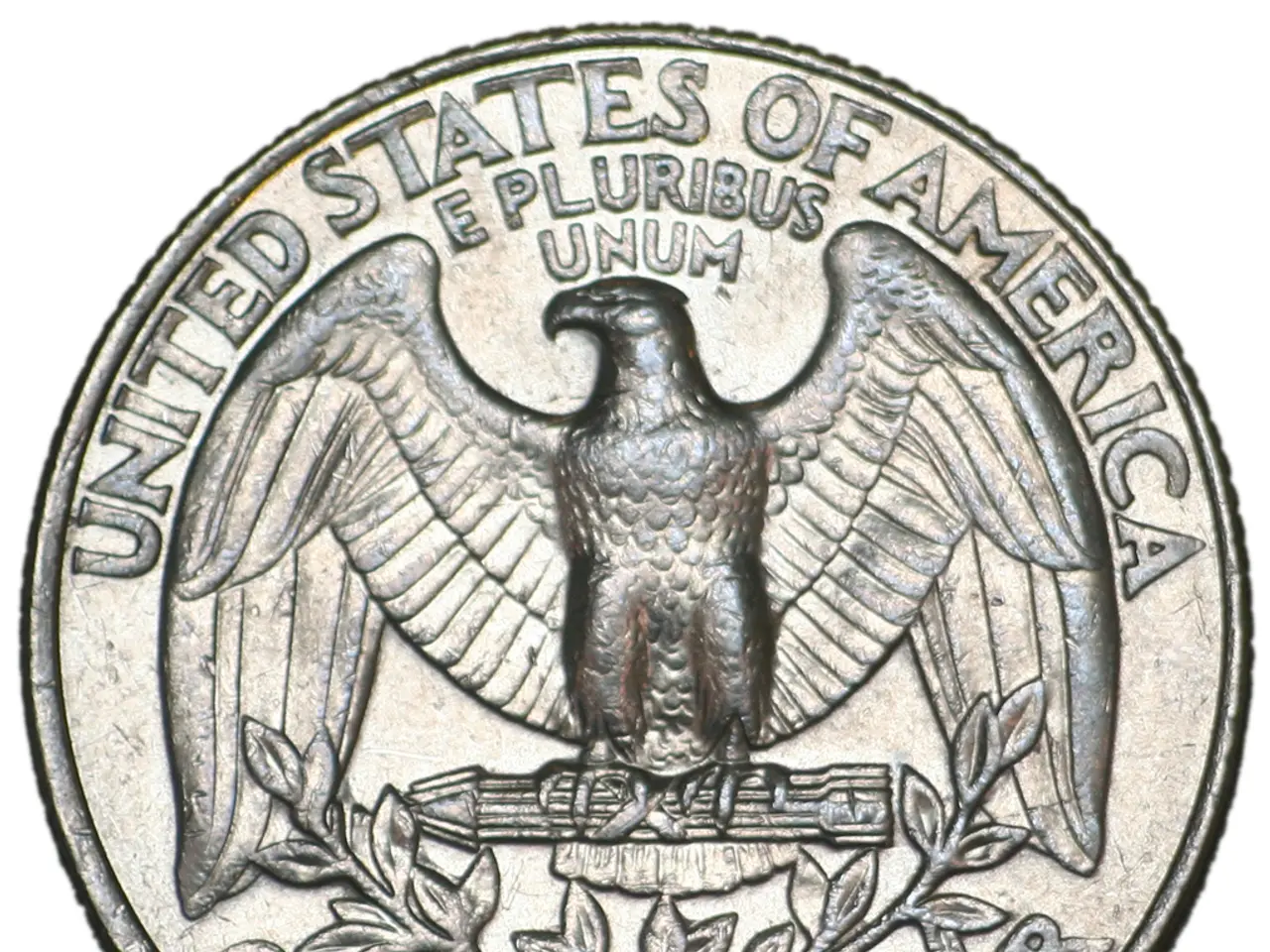Robert Kiyosaki advocates for Bitcoin over traditional currencies, viewing it as a secure store of value
In the rapidly evolving world of finance, renowned author and financial educator Robert Kiyosaki is advocating for Bitcoin as a cutting-edge form of wealth preservation. Kiyosaki, a critic of traditional financial systems, believes that the decentralized nature, limited supply, and independence from government debt of Bitcoin make it a superior value refuge against inflation and growing global debt.
Financial education, according to Kiyosaki, is key to empowering people and preparing them to face the economic challenges of the future. He insists that storing wealth in fiat money is losing value in the long run, and only assets with limited supply and intrinsic value, like Bitcoin, can effectively protect that wealth.
One of the key advantages of Bitcoin, as Kiyosaki sees it, is its absence of counterparty debt. Unlike fiat currency, which is tied to government debt and central bank promises, Bitcoin is not anyone’s liability. This makes Bitcoin a true store of value amid monetary erosion.
Moreover, Bitcoin's decentralized asset structure and digital scarcity limit inflation risk and government manipulation common in fiat systems. Its predefined maximum limit ensures its scarcity and potential to maintain or increase its value over time.
Another significant advantage of Bitcoin is its portability and censorship resistance. As a digital asset, Bitcoin can be transferred globally without reliance on centralized intermediaries or censorship, unlike fiat money which is subject to controls, surveillance, and geographic restrictions.
Kiyosaki also emphasizes the importance of direct ownership of Bitcoin (physical control of private keys) to protect against systemic risks, counterparty failures, and liquidity crises that can affect ETFs, banks, or governments. He warns that ETFs backed by Bitcoin are only a “photograph of a weapon”—less tangible and riskier in crisis—therefore advocating for owning Bitcoin directly, along with physical precious metals, instead of relying on financial intermediaries.
Kiyosaki's position is not without controversy. The investment in cryptoassets is not fully regulated and may not be suitable for retail investors due to its high volatility, and there is a risk of losing the entire amount invested. However, he maintains that Bitcoin, with its fundamental design as a scarce and decentralized digital asset, is the most solid alternative for preserving wealth and protecting against future crises.
In a world where the United States' national debt exceeds several trillion dollars, and countries like China and Russia are increasing their efforts to reduce their dependence on the dollar, Kiyosaki's support for Bitcoin is gaining traction. His critique of intermediated instruments, unchecked emission of money, and expansionary monetary policies, which he believes have fueled inflation and eroded the purchasing power of both consumers and savers, resonates with many.
In conclusion, Kiyosaki's arguments for Bitcoin as a superior value refuge against inflation and growing global debt are grounded in its decentralized nature, limited supply, and independence from government debt. For those seeking financial autonomy, Bitcoin presents a compelling alternative to traditional financial systems. However, as with any investment, it's crucial to learn constantly, diversify, and act boldly, always aware of the risks involved.
[1] Kiyosaki, R. (2021). Rich Dad's Guide to Investing: Real-World Lessons on Real Estate, Entrepreneurship, and Financial Freedom. Plata Publishing. [2] Kiyosaki, R. (2019). Multiple Streams of Income: Why You Need Them, and How You Can Achieve Them. Plata Publishing. [3] Kiyosaki, R. (2020). Rich Dad's Survival Guide for Entrepreneurs: 10 Principles for Entrepreneurial Success. Plata Publishing.
Technology plays a significant role in Bitcoin's operations and intrinsic value, making it an appealing investment for those interested in the intersection of finance and innovation.
In the investment landscape, Bitcoin, with its limited supply, decentralized nature, and independence from government debt, can be seen as a unique event that combines elements of finance and technology, challenging traditional financial systems.



